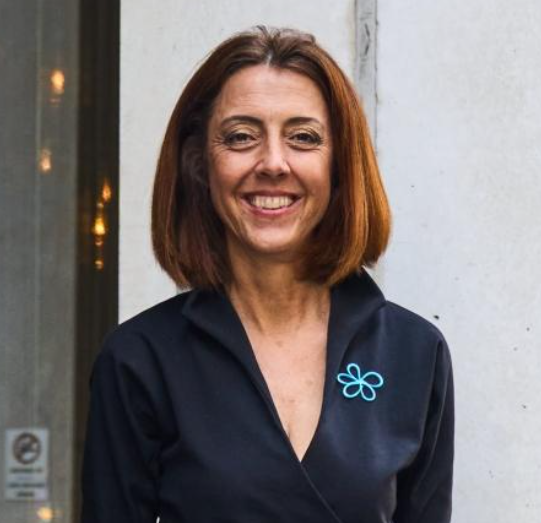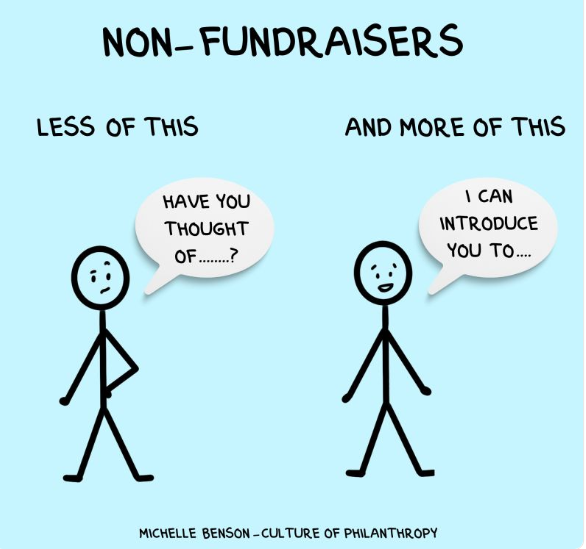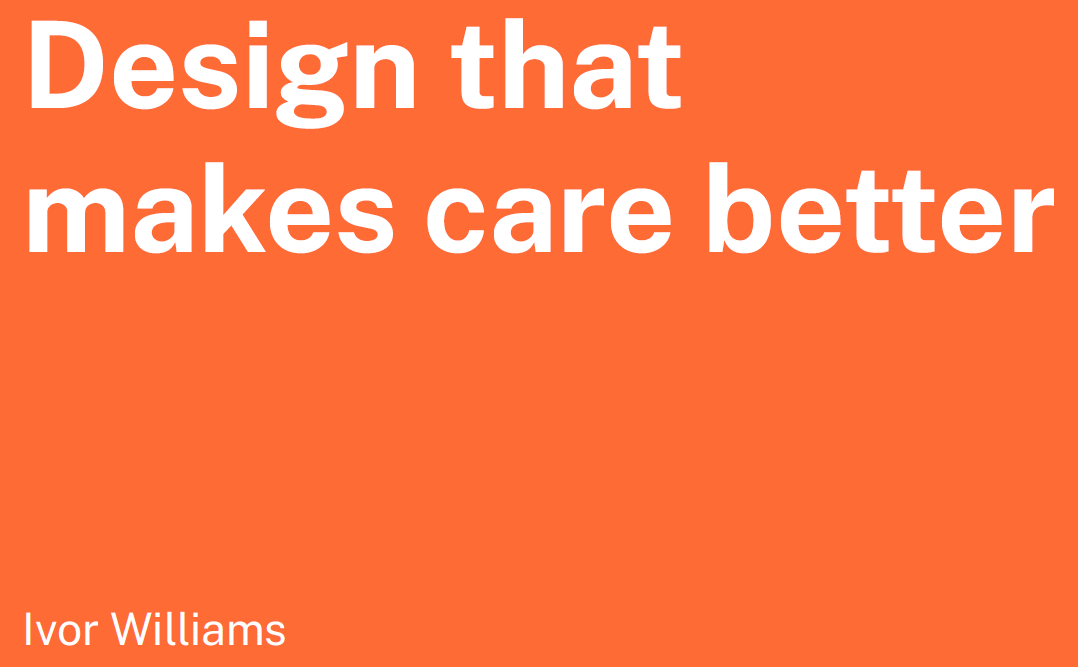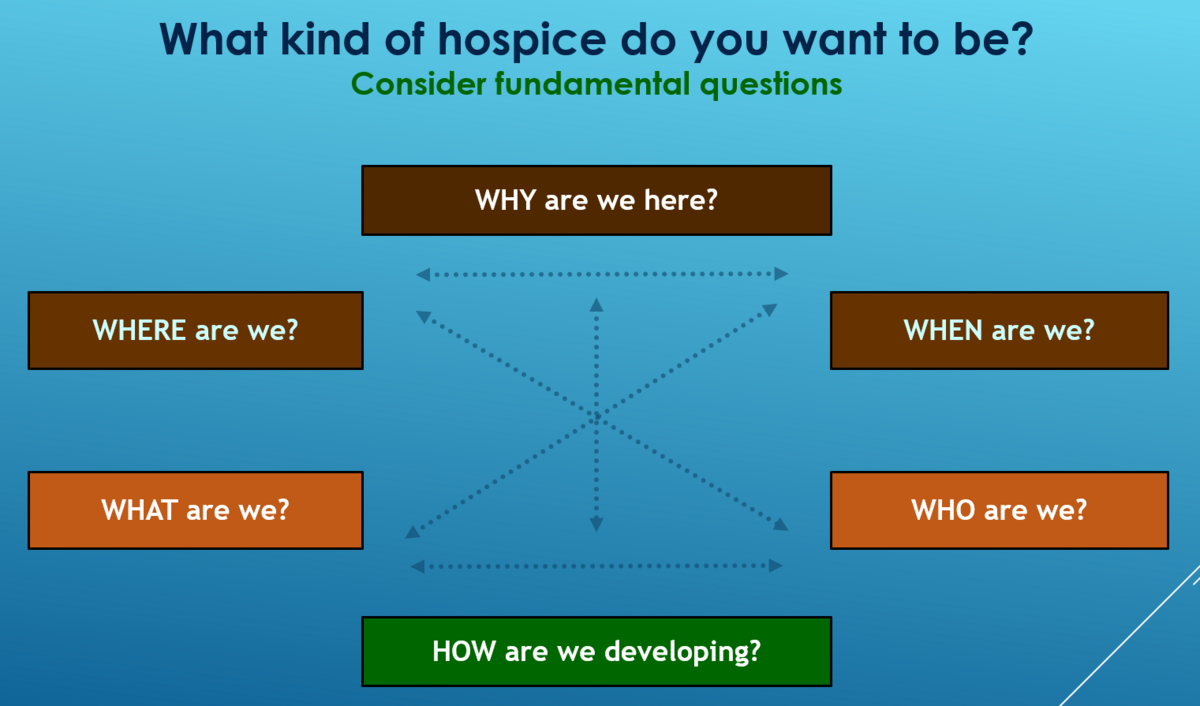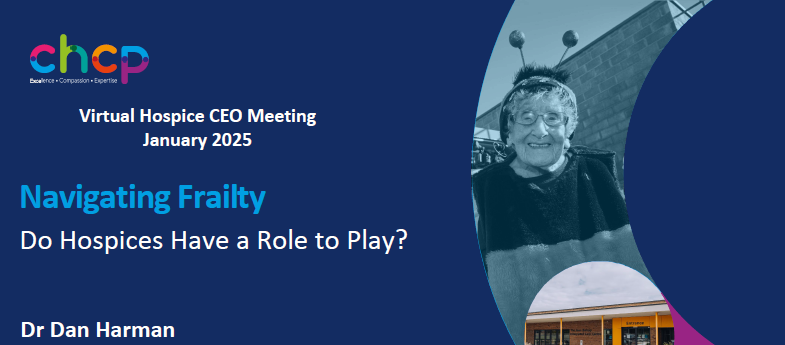Virtual Hospice CEO Group
The Virtual Hospice CEO Group meets monthly to discuss and address strategic issues facing the sector with the input of an expert external speaker.
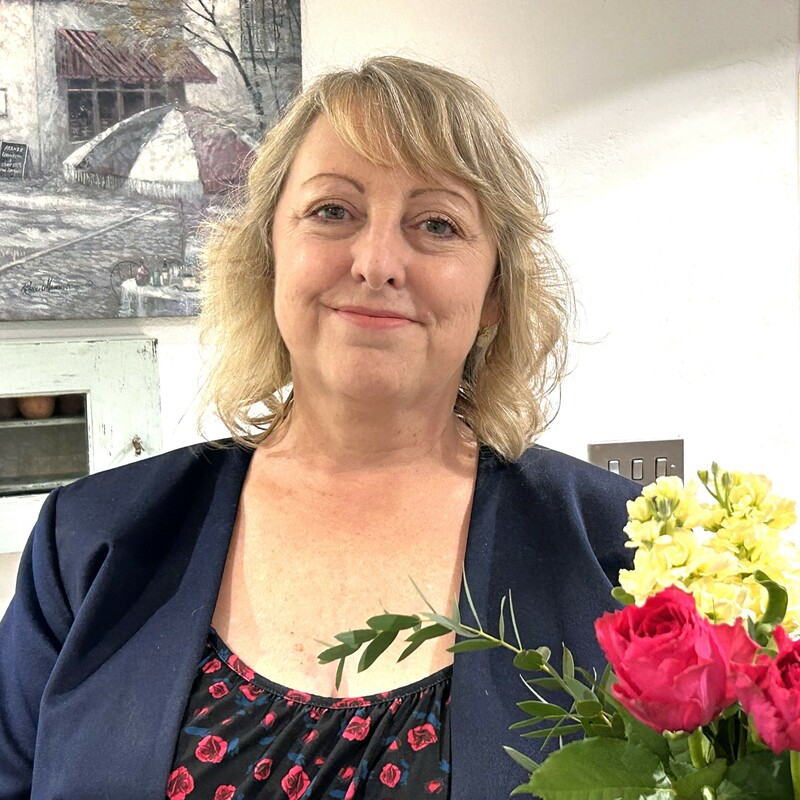
‘I always enjoy attending the sessions. We have a great variety of speakers and I always come away with some really beneficial insights or ideas. Highly recommended!’
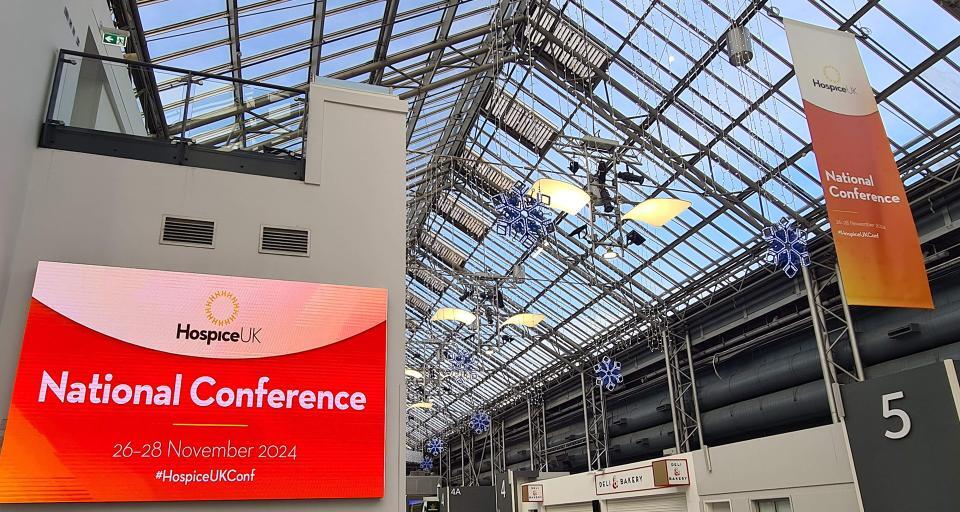
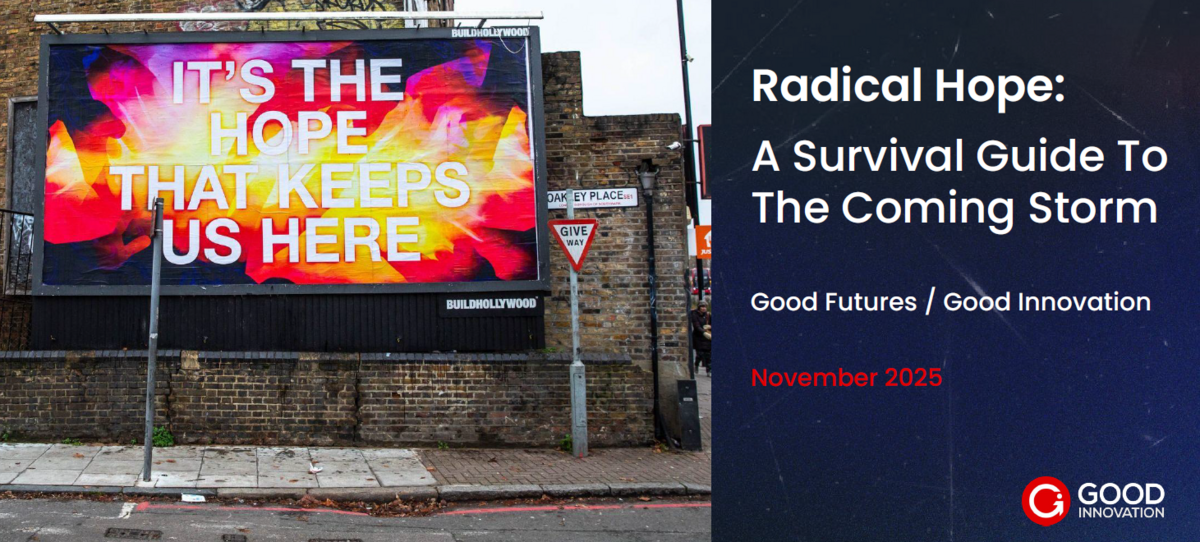
‘Hope has dirt on her face, blood on her knuckles, the girt of the cobblestones in her hair, and just spat out a tooth and she rise for another go.’
‘Hope is co-created. It grows in proximity, in relationship, and shared ownership. It means moving beyond participation as a gesture and into participation. The communities you serve are not just recipients. They are co-builders of change. Shift your posture. Share the pen. Build structures that hold more than one voice at a time.’



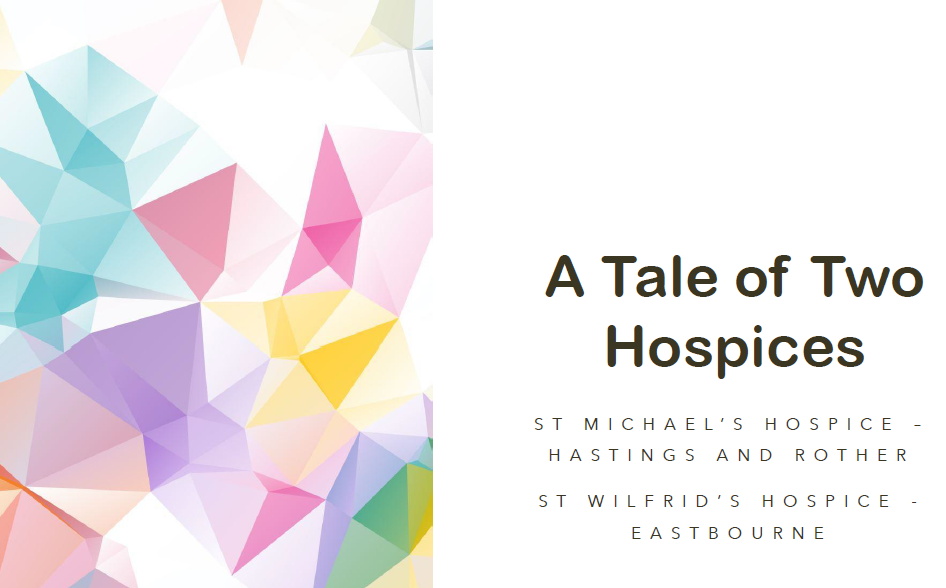

I've never met anybody who came into civil into a civil society because they fancied doing charity turnaround. We're all motivated by something very, very different, but sometimes we have to do this.
And if we can do it in a way that is true to our values and centric to service users, it's better, frankly, than turnaround being done by people who don't care.’
